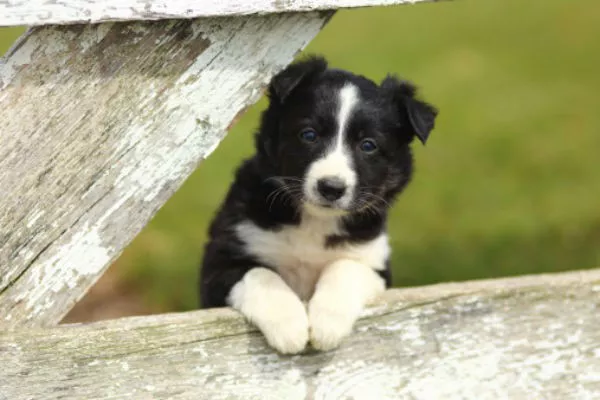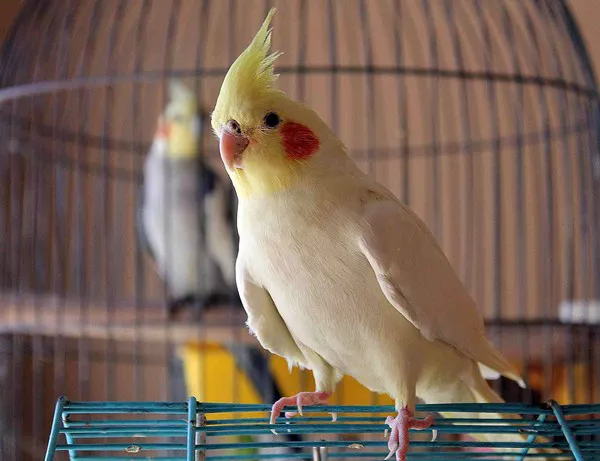Pampered purebred dogs are increasingly being confiscated and euthanised by animal-welfare organisations because their original owners dump them on households unable to afford their care.
Colette Teale, founder and chairperson of the Karoo Animal Protection Society (KAPS), said her organisation recently discovered an elderly purebred Great Dane chained to a tree in a farmworker’s yard without adequate shelter. The dog was in such a poor condition he had to be euthanised. He was not only starving, but also sick with tick bite fever.
Teale said the dog’s original owner had given him to the farmworker without ascertaining whether the man could afford to feed and care for him. “Pet owners who emigrate or who move to a new home that cannot accommodate their animals must be very aware of who they are giving their animals to. Feeding a pet, accessing veterinary care and protecting a pet against diseases such as biliary is costly; make sure whoever is adopting your pet knows this and can afford it.”
KAPS travels thousands of kilometres every month from Barrydale to Ladysmith and beyond, checking on pets in impoverished communities and on farms.
It also recently confiscated a Sharpei, one of three dogs given by an employer to her impoverished employee. The dog was suffering from a severe skin ailment.
“Some of these pets are pampered and know no life other than sleeping on a warm bed inside and then suddenly they’re thrust outside and chained up in the elements,” Teale said. “Can you imagine how confused and afraid they must be? It’s one thing growing up in impoverished circumstances; it’s quite another going from extreme comfort to extreme hardship.”
Samantha Mann, who volunteers with The Outreach Program (TOP) in the Helderberg area, said some pet owners believed that because their domestic workers and gardeners loved their pets, and their pets loved them back, they were doing the right thing by handing these pets over to them when they themselves could no longer keep them.
“What they forget is that life is very, very different in the townships,” she said. “Not only can these impoverished households not afford proper food or vets’ bills they often do not have a safe space or secure yard in which to keep pets, so the pets wander off or are stolen.”
Reputable animal welfare organisations insist on adoption applications and home checks before pets are handed to new owners. “This is to make sure that a pet goes to a home that can take of its needs for the rest of its life,” Mann said.
Before letting an animal out to a new owner, animal welfare will ensure the new home has a secure yard, checks the condition of the new owners’ current pets, ensures there is shelter and fresh water available and that their vaccinations are up-to-date.
The organisation will then generally keep in touch with the pet owner and make sponsored veterinary care and food available to those who are struggling financially.
Veterinarian Dr Hilldidge Beer, whose EberVet CVC conducts mass pet sterilisation projects for KAPS, said public support of these projects was one of the best ways to ensure all pets were well cared for. “Sterilisation not only reduces the number of unwanted pets, it’s also an opportunity for education and support. Pets brought to these free clinics are also protected against parasites and rabies and given free bags of food to take home. In this way impoverished pet owners make contact with animal welfare and are assured then of ongoing support.”
























